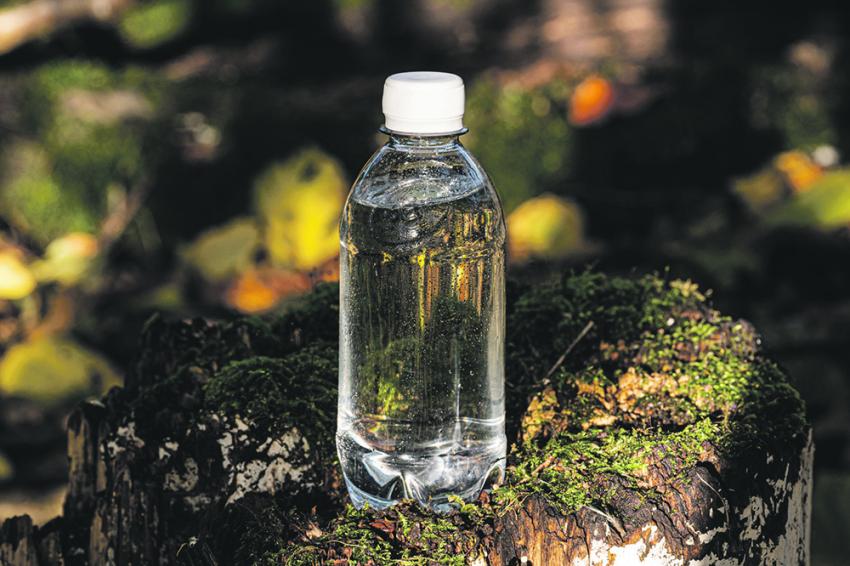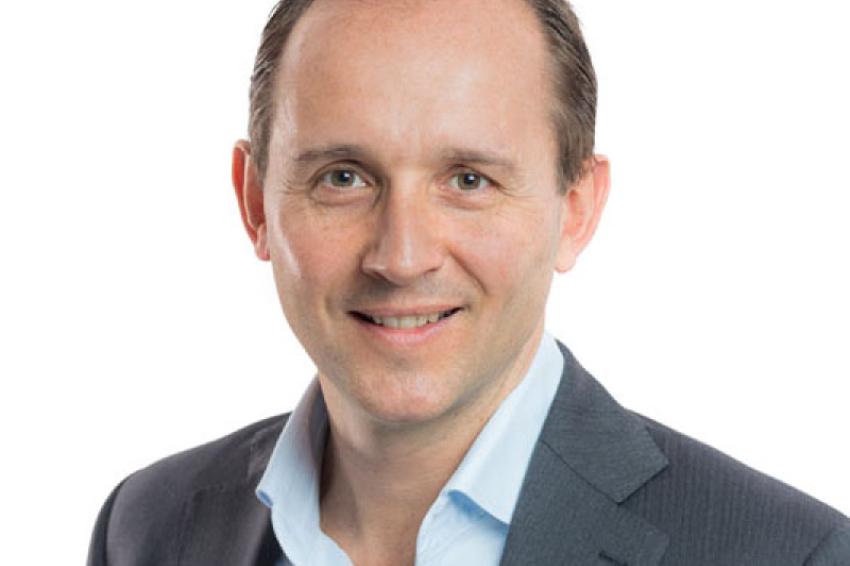The Energy Crisis as Opportunity
Harnessing Public Awareness to Replace Fossil Fuels with Sustainable Alternatives
We are all aware now of the impact of limited gas and oil resources. The energy crisis is top of mind, dominating media, political and even personal agendas. We are facing higher bills, possible blackouts and a major impact on the cost and quality of life.
These are difficult times, but they may serve a higher purpose. It is clear that we need to reduce our reliance on fossil feedstock and look to sustainable alternatives. While the current situation is more about geopolitics than environmental factors, we must never forget the damage that fossil feedstock industries have done to our ecosystem. This period of heightened public awareness is a major opportunity to start thinking holistically — not only about energy needs now, but around long-term sustainability and independence from fossil-based fuels and materials, forever.
We need to move to renewable feedstock and circular materials. Both are needed. Both are possible. The end result of this is a renewable and circular industry: this is the true sustainability that people are looking for.
Our reliance on fossil carbon causes huge environmental damage, and our dependence on oil allows regimes to exploit power imbalances and push people into poverty. While vocal commitments and short-term measures from politicians may generate immediate headlines, they won’t drive meaningful change. We need more than just targets and strong words. We need action that can facilitate the sharing of ideas and information, incentivize open and transparent collaboration, and reward long-term thinking.
Inspiring Action across the Board
Energy shortages and price rises are brutal, but they are merely extreme symptoms of the bigger issue. The UK Government’s plan to re-introduce fracking in the UK is a clear example of a ‘quick fix’, but gas is a finite source, so this is far from long-term and simply a stopgap solution.
A sole focus on recycling of fossil plastics is also the type of fix that will postpone the implementation of real sustainable solutions. The system will always require significant volumes of virgin feedstock. Let‘s make sure we use renewable carbon sources, such as plants and CO2, to provide carbon that will keep the cycle going.
There has been a historic lack of commitment to sustainable and renewable resources in energy but also in the production of chemicals and materials such as plastics. It is necessary that the chemical and plastics industry, accounting for around 4% of global greenhouse gas emissions, moves away from its dependence on fossil-based resources.
Now we need to create a real tide shift in meaningful action and long-term solutions that see us reducing our reliance on materials like plastics with sustainable alternatives.
Alternative Solutions
The key to finding alternatives lies in partnership. Our vision of a greener world cannot be achieved alone and collaboration between businesses, scientists, and policymakers can help incite greater change. There is tremendous potential to build new circular supply chains and practices that are not harmful to the environment, with stakeholders across industries using all parts of a plant to make chemicals and materials.
It would be naive to think that the scientific and commercial worlds are independent of each other. Any solution must work for the environment and the global economy. That’s why collaboration is so important and will help us to reach success faster. We need to focus on solutions rooted in scientific research, but without the support of commercially facing companies from the offset, we don’t have the facilities to make it market ready.
This year, Avantium began construction of the world’s first furandicarboxylic acid (FDCA) plant to enable the production of polyethylene furanoate (PEF) — our unique plant sugar-based, recyclable, degradable, super-strong yet lightweight plastic material. As a result, this year we have signed offtake agreements with Carlsberg, ABInBev and Moet Hennessy/Louis Vuitton (LVMH) to provide them with PEF to create sustainable packaging for their products, which will soon be on the shelves. We are always looking for more partners so that we can continue to create new solutions for consumers.
This type of application — fusing sustainable chemistry with the power of big brands — can bring about sustainable change and deliver products that consumers can use and purchase right away.
A United Front
This crisis, compounded by economic downturn and the war in Ukraine, has led to an incredibly difficult moment globally, but it can be a turning point.
Globally, governments and other world leaders seem to be waking up to the devastation that our reliance on fossil feedstock has caused to our planet. However, they are still held back by the stranglehold that oil producers have on our economy.
That means that we, the innovators, need to step in to fill the gaps and prove that there are commercially viable alternatives. Industries need to lead by example and commit to and invest in the green economy. By cutting off funding to climate destroyers they send a strong message. It’s time that the rest of the chemical industry also stand up, take notice and join the mission for a fossil free economy.
What we have now is an opportunity to harness our collective concern, anger and frustration to deliver meaningful, lasting change that is good for people, economies, and the planet and break free from oil for good. It’s up to us take it.
Author: Tom van Aken, CEO, Avantium, Amsterdam, The Netherlands









